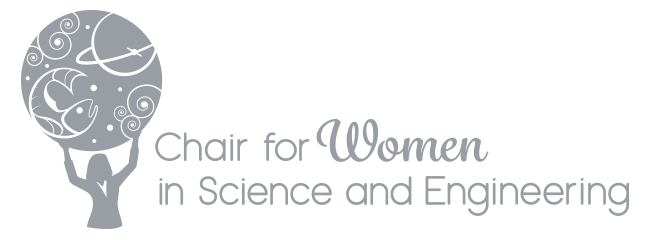Inmar’s Biography
Inmar Givoni is the VP of Kobo’s Big Data team. She leads the R&D of products such as recommendations, search optimization, content analysis, website optimization, reading analysis and predictive analytics. After receiving an undergraduate degree in Computer Science and Computational Biology from the Hebrew University in Jerusalem, Inmar obtained her Ph.D. in Computer Science at the University of Toronto, specializing in Machine Learning. Before joining Kobo, Inmar worked at Microsoft Research and Altera. She is the author of numerous top-tier academic publications and patents.
I’m the VP of the Big Data team at Kobo. The team is about 12 people in size, all with undergraduate and graduate background in Computer Science/Engineering & Statistics/Math. We deal with an array of topics and products such as our home-grown recommender systems (‘people who liked this book also read’, ‘recommended for you’) search optimization (ranking, query intent algorithms), text analysis (for genre classification, plagiarism detection, etc), and predictive analytics (customer LTV and churn propensity models).
Kobo is at the forefront of the digital content revolution. In particular, we are trying to create the best reading experience for users in Canada and all over the world and to define the digital eBook reading experience.
Coming up with new directions and new products by brainstorming with my team and other stakeholders in the organization, working on these initiatives with the team, and seeing them come to fruition.
For everyone who reads on Kobo, every time they search a book, pick a title recommended to them, or discover content on the website/mobile apps/eReaders, there’s products developed by my team and myself they interact with. I find that very rewarding.
To become equal participants and contributors in the IT world, across all the different domains. Currently, there are quite a lot of women in design, UX, and product/project management. I’d like to see more developers, more senior technical leads and managers, and more executive females in the IT industry. I try to help that cause in various ways: by providing mentorship within and outside my organization, sponsorship and funding opportunities for events such as CAN-CWIC, and engagements with schools, universities, meetup groups, conferences and other women in tech type groups where I present technical and non-technical content. Recently, I have been focusing on educational work within and outside my organization regarding known unconscious biases that need to be addressed so that women and other minorities can be fairly recruited, hired, compensated and evaluated in the IT industry.
I am a staunch believer in the power and importance of teamwork. I try to promote a collaborative, interactive, open environment where people bounce ideas, share, and learn from each other. I think working in a social interactive manner is great for many different reasons: building technical know-how, expanding one’s toolkit of how to approach and solve problems, learning how to ask questions and how to teach/coach, coming up with solutions that are often better than what any one individual can conceive of, and also building the sense of comradery and care for each other. I think it’s important that people like to interact with their team mates, and that it’s a great part of what determines whether people enjoy what they do.
During my graduate studies, it took me a long time to realize that aspects of my environment I didn’t enjoy, or made me unhappy or angry, were actually opportunities to bring change and improve things for me and others. The first time it happened, I was afraid that people around me were not interested in changing things and that therefore I should just align myself with how things were done and not disturb the status quo and so I did nothing about it for a very long time. When I eventually gathered up the nerve to suggest a large change, that first attempt was enthusiastically embraced and adopted. As a result, things got a lot more fun and exciting for me. That one positive experience made me continue to try and create the type of environment I want to be in and foster the necessary changes wherever I go. Of course, it doesn’t always goes smoothly, and there’s often lots of work involved, but now I have a lot more determination. That’s because I know that at the end of the day it’s my (rather short) life, and I want to be at the best possible place for me – so I’m happy to put in the work to change what I’d like to see done differently. I wish I had realized that a lot earlier and started doing these things a lot sooner.


